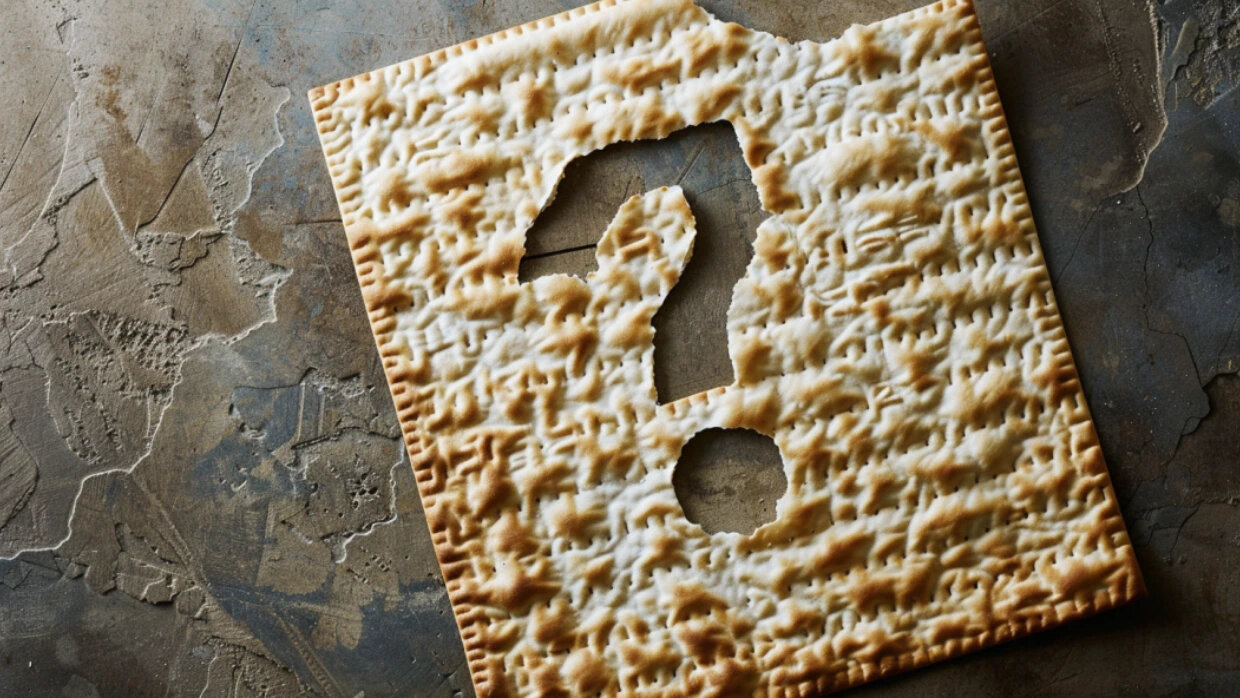 An Open Letter to University Presidents
An Open Letter to University Presidents


3 min read
Relevant questions for attaining personal freedom.
Passover is called “the time of our freedom.” It’s not just a celebration of a historical event, it’s an opportunity to attain freedom. As the Haggadah says: "In every generation, it's your duty to see yourself as if you, personally, had gone out from Egypt."
What is freedom?
The Hebrew word for Egypt, Mitzrayim (מִצְרַיִם), shares a linguistic root with the word meitzar (מֵצַר), which means "limitation." In other words, leaving Egypt is really about leaving your limitations and personal constrictions.
In Jewish thought, the personification of those limitations is called the “Yetzer Hara (יֵצֶר הָרַע),” or “evil inclination.” It’s that little voice in the back of your head that makes excuses, creates justifications, and explains why you can’t do whatever it is you want to do. But that voice isn’t a separate external power. It’s you. You want to be great. But, sometimes, you don’t feel like it.
That’s the freedom of Passover: to become the person you want to be, and not a slave to the person you feel like being.
That process starts with the Seder. The Haggadah is a tool to get you to start thinking about freedom. These thought-provoking questions will help give you insights into attaining personal freedom. Share them at your Passover Seder.
1. Salt Water: The challenges you overcome are also your greatest opportunities to grow. What’s one obstacle you overcame, and what did you learn from that experience?
2. “They try to kill us in every generation:” What is it about Jews that makes antisemites apoplectic with rage? And what does that say about you?
3. Slavery: What’s one limitation that’s holding you back, and how are you going to shake it off?
4. Splitting the Sea: Did God ever answer your prayers? What was He trying to tell you?
5. Dayenu: What’s something you take for granted? Take a moment to appreciate that particular blessing.
6. Matzah: Dough rises when it’s left to sit. Matzah is worked until it’s baked: it doesn’t fill up with air. That air represents your excuses. What work can you do to be more like matzah, and less overinflated like bread?
7. The Passover Lamb: The Jews in Egypt slaughtered a lamb—an Egyptian god—and smeared its blood on their doors to show that “this is a Jewish home.” How is your Jewish identity obvious and undeniable?
8. Bitter Herbs: Pain isn’t the opposite of pleasure—the opposite of pain is “no pain,” or comfort. Rather, pain is the effort you make to experience pleasure. The greater the effort the greater the pleasure. What’s an extra effort you can make to experience even greater pleasure?

If the pain is physical, there are some correlations there. But no 'physical' pain doesn't necessarily afford comfort. I appreciate that bringing up questions of more substantial depth could possibly entice a more meaningful conversation at Pesach, but I don't think I'd look for a conversation where one may not exist. If the pain were emotional, or psychological - then the absence of that pain could be seen as comfort. I don't know why HaShem gives us difficulties but I understand that the goodness of HaShem is forever, as is the faithfulness of HaShem (among many other attributes). But I do know that we can sense the level of pain, or discomfort, or the length of time that we are under its weight. And I can certainly discern when it begins to diminish...
Throught-provoking and ultimately enriching questions!